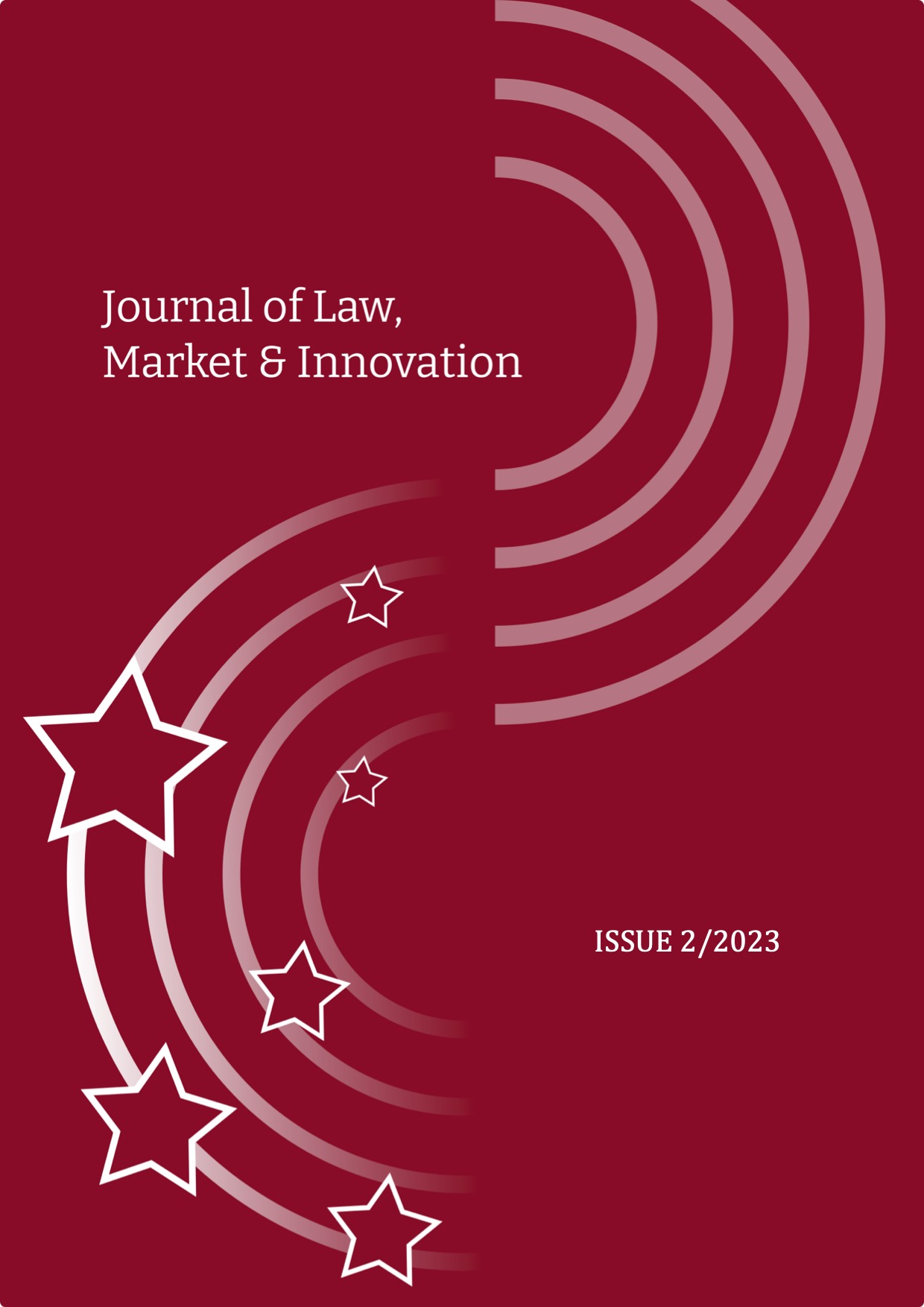Property on space resources: The search for a terminology
DOI:
https://doi.org/10.13135/2785-7867/7954Keywords:
space property, domestic law regime, legal securityAbstract
By the end of one or two decades, several competing lunar bases will be installed or in the process of being installed, most probably located around the Moon's South Pole and its water resources. By the end of three decades, companies will probably be extracting resources from the moon with a commercial and lucrative objective. But already on Earth, some states are taking the lead and intervening in the regulation of this future exploitation. Of these, the United States and Luxembourg admitted the existence of property rights over space resources through national laws in 2015 and 2017, in each case assuming the compliance of the resulting provisions with existing international law and more particularly with Article II of the Outer Space Treaty, dedicated to non-appropriation.
Our article seeks to analyse that appealing hybrid notion of space property in a strategic legal and geopolitical environment that is in the process of renewal. Indeed, space is undergoing a paradigm shift with a synchronous movement of nationalisation and privatisation. A global legal pluralism obliges space stakeholders to adopt a multiple-front strategy when dealing with legal questions arising out of new space activities, placing new space law interrogations that have arisen at the right level of normativity ab initio.
As for the latter, it will be seen that space property is not so much a concept of public international law but of private international law – we suggest space property is a domestic law regime coordinated in its international dimensions by private international law – and that it is only by understanding it as such that its effects can be deployed beyond the mere creation of a space market to constitute an embryo of decentralised governance of space resources. However, one issue of public international law remains necessary to ensure the full effectiveness of space property: the coordination of occupations. The coordination of occupations and the organisation by law of a space resources economy based on property are in fact of different orders. To circumvent this issue by a questionable opposition between commons and property of space resources is to undermine the legal security of the exploitation of these resources, which is at the very foundation of the Luxembourg and American legislative efforts.



 EJIF has been approved for inclusion in
EJIF has been approved for inclusion in  The Journal of Law, Market & Innovation is indexed in
The Journal of Law, Market & Innovation is indexed in  The Journal of Law, Market & Innovation is indexed in
The Journal of Law, Market & Innovation is indexed in  The Journal of Law, Market & Innovation is indexed in
The Journal of Law, Market & Innovation is indexed in  The Journal of Law, Market & Innovation is indexed in
The Journal of Law, Market & Innovation is indexed in  The JLMI is classified as a "Class A" journal for Law (Area 12) by the Italian
The JLMI is classified as a "Class A" journal for Law (Area 12) by the Italian 
